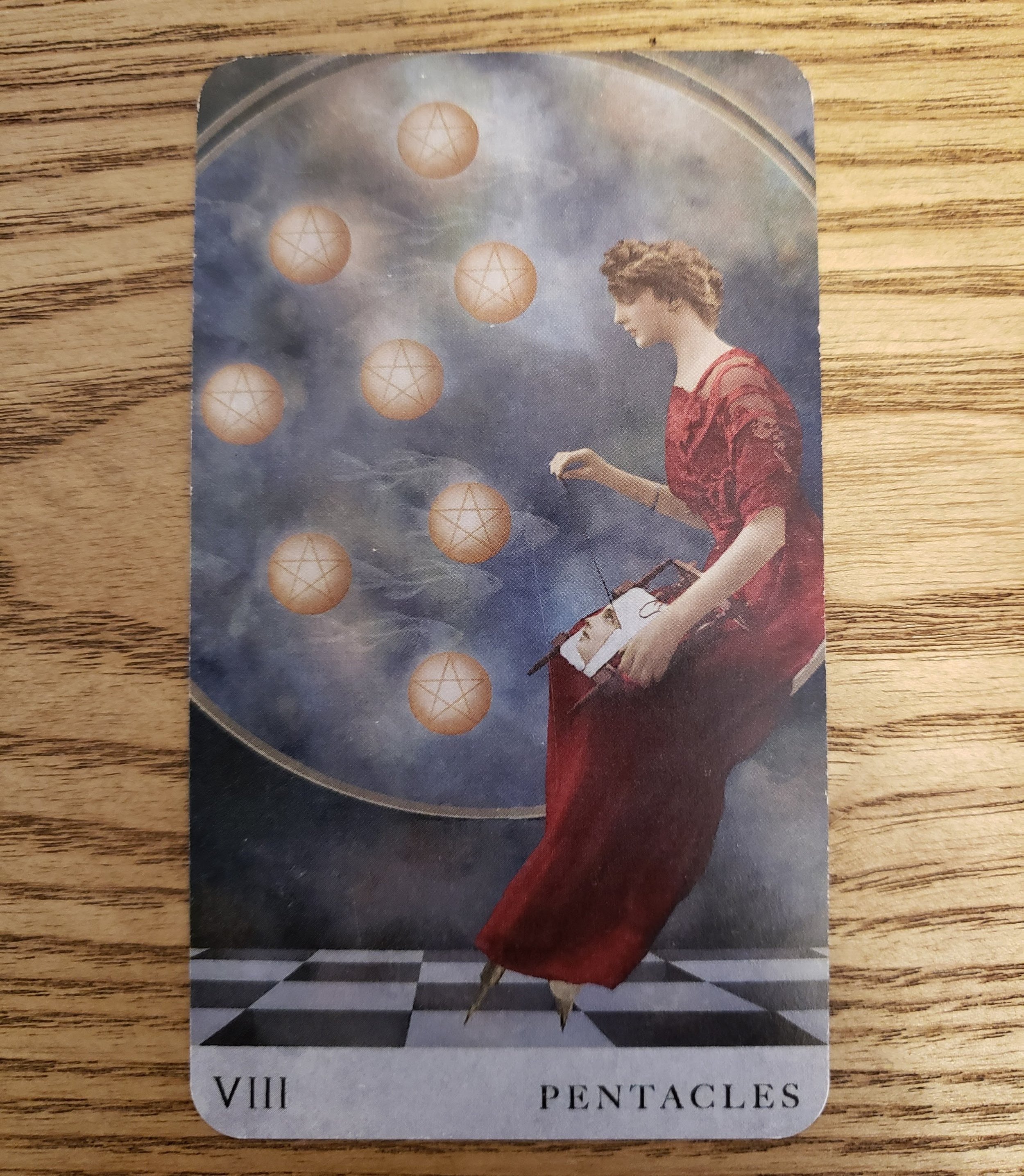What is Process-Focused Tarot Reading?
The Empress from the classic Rider-Waite-Smith deck.
When you think of a Tarot card reading, you might imagine a dark room, thick with incense, a crystal ball before you, and a mysterious woman telling your future. Yes, for some people, that’s what Tarot is. Not for me.
I first learned about the term process-focused or process-oriented Tarot reading from Jessica Dore, a Tarot reader and teacher whose first book, Tarot for Change, just hit the shelves. Her approach is so much more intuitive than I had often seen when I was trying to leaf through guidebooks and memorize the meaning of each card. She offers Tarot the way I had already been reading it: by observing the images of each card and noticing what comes up. Sure, I had wanted my Tarot cards to tell me the future, but the more I worked with them, the more I discovered they really just don’t work like that. In her book, Dore refers to each of the cards as “secrets,” each archetype holding not so much answers but questions to help guide us on a path that is meaningful, if not linear. She writes,
Tarot, as you'll see if you have not already, provides a path toward reclaiming the imagination from the grips of doubt and rationalism. Towards reawakening the part of us with the audacity to know without material evidence.
When I read Tarot—or, I should say, when my client and I read Tarot together, we collaborate on exploring the problem or question that the client came with. We talk about it and feel around it. Before I say anything about what the cards “mean,” I want to know what the image feels like for you. What details do you notice? What story do you begin to tell about the card in your mind?
The Eight of Pentacles from Liz Huston’s Dreamkeeper’s Tarot deck. What do you see?
One of the reasons I am drawn to Jessica Dore is that she makes an explicit parallel between Tarot and psychology. The secrets contained within the cards are much like the secrets in our dreams, in the places we hold in our bodies. They reveal something about the world we are living in that we haven’t been able to consciously acknowledge. They are telling secrets about our deepest truths that we cannot face on our own. Together, we witness these unacknowledged truths coming forward.
In this way, I think Tarot is a tool that can help us tap into our own intuition. It can help teach us something about what we already know that we’ve lost because we are too focused on how we think we’re supposed to feel. In a way, it is a path towards what Audre Lorde has called the erotic, which is not so much about sex, but about feeling emotional energy move unencumbered through our bodies, giving us access to our own power. In her famous essay “The Uses of the Erotic,” she writes,
There are many kinds of power, used and unused, acknowledged or otherwise. The erotic is a resource within each of us that lies in a deeply female and spiritual plane, firmly rooted in the power of our unexpressed or unrecognized feeling.
For me, this is an energy that lives within all human beings, regardless of gender. It has been suppressed and repressed in a very patriarchal structure, in a society that privileges everything masculine and male. This is the part of us that is represented by the mythological Eve in the garden, this quality we all have within ourselves to eat the fruit of knowledge, to explore with curiosity, to want to know, to want to feel, to reach beyond the small confines of what we have been given. As much as we need our rationality, too, it has overshadowed a certain intuitive wisdom that is a source of our powerfulness as human beings. The story we often get about Eve is that she was tempted, she broke a rule, and she is therefore punished along with all womankind for eternity. But perhaps that’s the story we get because it denies Eve’s power. She wanted more than what was told to her. She wanted to expand out of the idyll of the garden and find out what’s really out there. She wanted to live.
The Devil, from Yoshi Yoshitani’s Tarot of the Divine
Reading Tarot is one of the places where I allow myself to go into the irrational, intuitive land of energy work. This is where I remember myself as the witch I have always been, by which I mean a person who feels deeply and sensitively and who is interested in seeing what is beyond the obvious. I think of the famous psychologist Carl Rogers, who cemented the three necessary qualities that are needed for counselors to be effective: empathy, congruence, and unconditional positive regard. As Nancy L. Murdock explains in her book Theories of Counselling,
In his last writings, Rogers began to discuss a fourth characteristic of helping relationships. Acknowledging that he had no scientific basis for his idea, Rogers maintained that when he was at his best as a therapist, he believed that he entered a “slightly altered state of consciousness . . . full of healing” (p. 198). This transcendent state leads to behaviors that are impulsive, but they almost magically fit with the client’s experience. “At those moments it seems that my inner spirit has reached out and touched the inner spirit of the other” (p. 199). Despite Rogers’s discussion of this transcendent state, subsequent treatments of his theory have paid little attention to this fourth condition.
When I read this, I knew exactly what Rogers was talking about. This “fourth condition” is the part of me that can feel energy when I am working with someone and allow that to be a part of the information I am receiving in our work together. I don’t always know whether this aspect of me is “real” in the sense of true magic, or if it’s that we are simply tapping into an intuitive, right-brained perspective that helps us go a little deeper into the subconscious or unconscious mind. I never know for sure which side Tarot lands on, either. But I don’t think I need to know, because it works.
If you are feeling disconnected from yourself and your intuition, if you are feeling lost or confused or having trouble seeing where you next want to go, process-focused Tarot might be able to help you. It won’t tell your future or give you the answers, necessarily, though clarity may certainly be on the menu. But it will give you questions that will help you access your intuition, your erotic energy, the power that you already possess within you. It will help you find your path.



